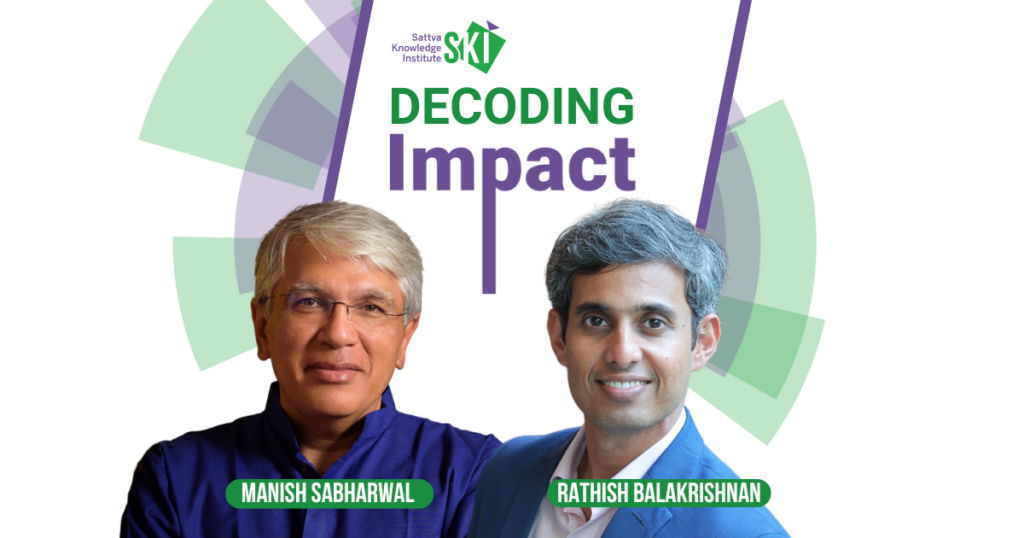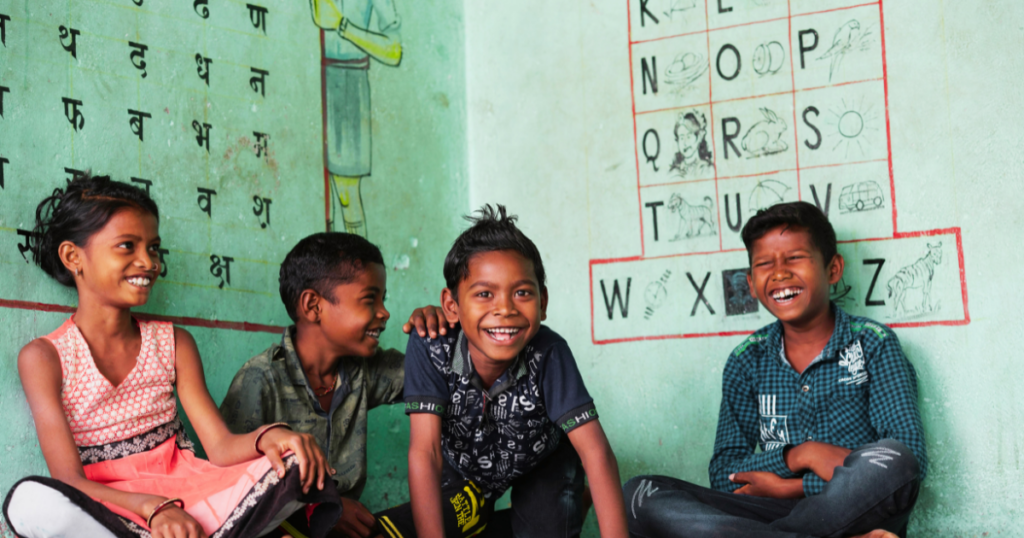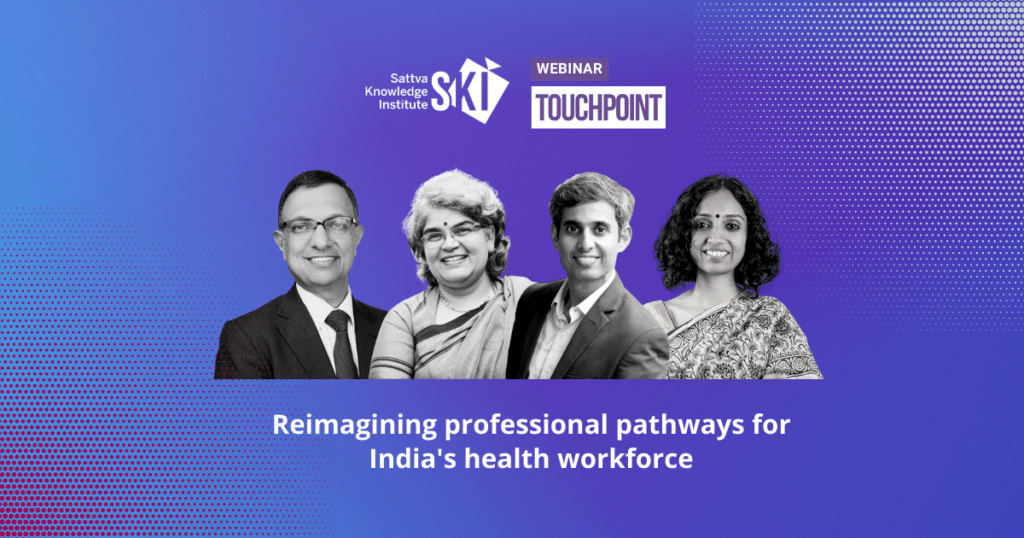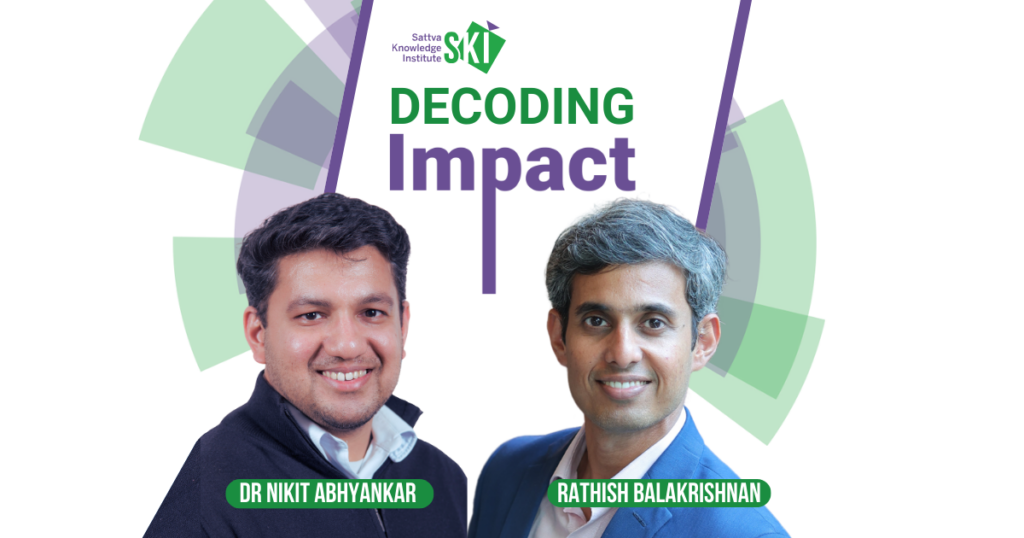Adolescents in India represent a significant proportion of the country’s total population, with approximately 253 million individuals in the age group of 10 to 19 years. Adolescents need access to information, opportunities, skills and services, during this transitional period that is critical to laying a foundation for good health.
In India, limited awareness, lack of agency, limited availability of services, and restrictive or harmful socio-cultural practices adversely affect the overall health outcomes of adolescents. Social stigma and taboos limit dialogue and access to services for sexual and reproductive health (SRH) and mental health, despite a high unaddressed need. Gender-based violence (GBV), coercive practices like early marriage, discrimination and injuries pose additional challenges for adolescents, specifically adolescent girls.
Further, as a result of limited awareness and unhealthy lifestyle practices, the country is seeing a growing burden of non-communicable diseases (NCD) and substance misuse in this age group, coupled with
micronutrient deficiencies like anaemia.
This perspective analyses interventions in the solution landscape to understand their focus across six health system levers, towards
1) Generating awareness and demand;
2) Delivering services;
3) Building capacities of human resources;
4) Developing infrastructure;
5) Leveraging technology and
6) Strengthening governance and financing.
These solutions have been identified across six thematic areas including SRH, nutrition, prevention of injuries and violence (including GBV), NCD, mental health, and substance misuse, drawing from priority areas for action under the Rashtriya Kishor Swasthya Karyakram (RKSK) by the Government of India.
Using these, the perspective profiles select interventions by non-profit, non-governmental organisations in India that have showcased impact in addressing health and well-being needs of adolescents, with a view to enable cross-learning and replication. These interventions can serve as replicable solutions in mature areas like SRH and holistic adolescent development (covering more than one of the six thematic areas), and as noteworthy solutions in the other five emerging areas in India.
Contributors: Yashasvi Murali, Disha Kouli and Lakshmi Sethuraman.
We are grateful to the following exerts and practitioners, whose insights, in addition to secondary literature and inputs shared by organisations in this space, helped shape this perspective:
Anjana Goswami (Executive Director, Equal Community Foundation); Apurupa Vatsalya (Programme Officer, The YP Foundation); Gracy Andrew (Special Advisor, CorStone); Dr Meghana Pasi (Nutrition Consultant, Arogya World); Nandita Bhatla (Country Director, CorStone); Nitika Salwan (Senior Manager (Content & Design), Breakthrough); Prachi Khandeparkar (Psychologist and Project Lead-Adolescence Health Promotion Programs, Sangath); Swati Saxena (Head, India (Growth & Strategy), Arogya World); and Tanushree (Programme Coordinator, The YP Foundation)




